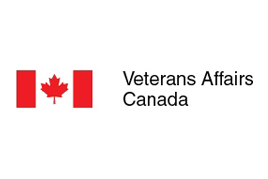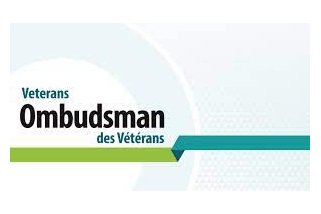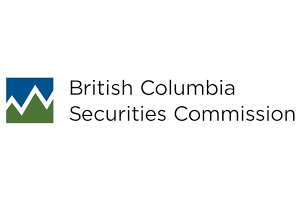The core skills you need to succeed
This is our foundational training for everyone who writes at work. It covers:
how workplace writing differs from the way we were taught to write
understanding common problems and how to avoid them
a step-by-step process to approach writing to build clarity and speed
writing documents for a wide range of audiences—from busy decision-makers to the general public
international best practices
Practical and immediately applicable
Come with a document in mind to write—by the end of the session, you will have learned a new way to write and have a nice piece of work finished.
Effective Workplace Writing
Some of our clients
Alberta Energy Regulator
Alberta Health Services
Canada Energy Regulator
Environment and Climate Change Canada
Department of Ocean and Fisheries Canada
Ministries of Energy and Minerals, Environment and Climate Change, Lands, Infrastructure, Parks and Protected Areas
International Association for Impact Assessment
Mackenzie Valley Environmental Impact Review Board
Mackenzie Valley Land and Water Board
Nunavut Impact Review Board
Verra
We customize our workshops to your industry, organization, team, documents, templates, and style guides
Workshop details
-
In-person—1.5 days (11 hours)
Live webinar—3, 3.5-hour sessions on Zoom (10.5 hours)
-
All writers and reviewers gain skills in this session, no matter how experienced.
It can be especially valuable for both leaders and staff to come to the workshop—when they have these skills in common, the process to write and review becomes much more efficient.
-
We meet with you to discuss your group's challenges and goals
You send us a series of representative documents
We analyze your documents
We customize our course material using excerpts from your documents
Module 1—Think deeper to write better
This session looks at:
the common problems that plague workplace writing and how to solve them
a process for writing to build clarity and speed
adapting to the needs of different audiences and purposes
how to measure the success of a document
structuring documents for readability and usability
building strong analysis and rationale
What you’ll learn
These three modules cover all the core skills
You can also choose one or two of them.
Module 2—Write in a clear, readable style
This is nuts-and-bolts content about international best practices. These practical tips create impressive gains in clarity. We cover:
how style choices determine readability
concrete tips for writing concisely
making key messages stand out
translating specialized content for a non-technical audience
using verbs in a way that creates momentum and keeps readers engaged
structuring sentences for precision and power
Module 3—Review and edit efficiently
Most writers exert superhuman effort to get a document “right.” Despite this, many managers end up editing and revising in after-hours time. We cover:
editing more quickly and with less stress for both writers and reviewers
all the best editing tips
effective proofreading
using peer review to give and receive constructive feedback, why it matters, and a chance to try it
formatting documents to be clear and appealing
perfecting tone in a document
We can also emphasize or add specific skills to the workshop.
I was reflecting on the best courses I’ve taken and this was hands down one of the best. So applicable to my daily work.
— Ministry of Environment and Parks
This is the most informative writing training that I have taken during my 16 years in government. The instructors were clear and effective communicators who could readily answer our questions.
— Civilian Review and Complaints Commission for the RCMP
I’ve taken this course three times, and I’ll probably take it again. Each time I learn something new and I continue to build my skills as a writer.
— Office of the Child and Youth Advocate
Start the conversation






















































